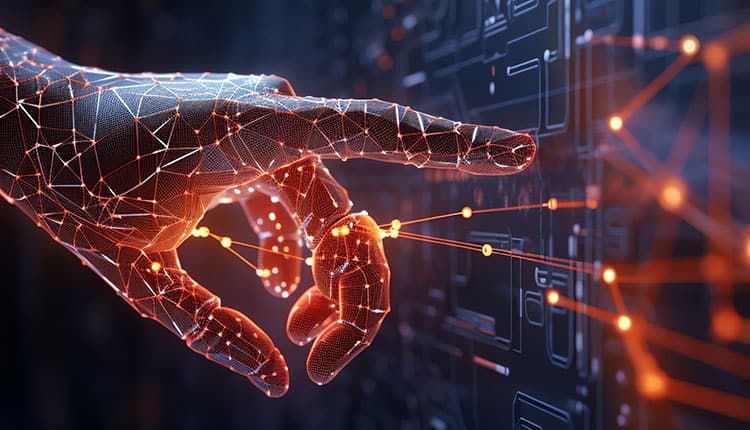Introduction: As technological advancements continue to accelerate, automation and Artificial Intelligence (AI) are no longer confined to the realm of science fiction. They are here, reshaping industries, driving innovation, and transforming the way we work. The future of work is becoming increasingly intertwined with AI and automation, sparking debates around productivity, job displacement, and the evolving role of human workers in a digital economy.
The Impact on Industries: Automation has made its presence felt in various sectors, with manufacturing, retail, and service industries leading the way. Robots in factories, AI-driven customer support chatbots, and autonomous vehicles are just the beginning of this transformation. In industries like manufacturing, automation is optimizing production lines, reducing costs, and increasing efficiency. But as robots and machines take over repetitive tasks, workers are pushed into more complex roles, demanding higher levels of skill.
The service industry, traditionally reliant on human interactions, is also seeing AI innovations like chatbots and recommendation systems that automate customer service, personalized marketing, and even content creation. In retail, AI-driven supply chains are making operations more agile, while automated checkout systems reduce the need for cashiers.
The Rise of AI in Decision-Making: AI is increasingly being used to analyze vast amounts of data, helping businesses make faster and more informed decisions. Algorithms now process consumer behavior, market trends, and financial data to guide businesses in areas such as inventory management, product recommendations, and even pricing strategies. These technologies have enabled businesses to become more efficient, reduce waste, and serve customers better.
Job Displacement vs. Job Creation: One of the biggest concerns surrounding AI and automation is job displacement. Critics argue that automation could lead to massive unemployment, particularly for low-skilled workers. However, proponents counter that while certain jobs may be replaced, new jobs will be created in emerging fields like AI programming, data analysis, and robotics maintenance. Reskilling and upskilling the workforce is key to ensuring workers are equipped for the new economy.
Challenges and Opportunities: The transition to an automated future presents challenges such as widening income inequality, changes in worker rights, and ethical considerations in AI usage. However, businesses that embrace automation and AI stand to gain a competitive edge in a rapidly evolving market. Companies must address these challenges proactively through policies that balance innovation with human welfare.
Conclusion: The future of work in an AI-driven world holds immense potential, but it requires careful planning and collaboration between businesses, governments, and workers. Embracing technology while fostering a responsible and inclusive approach will ensure a future where automation and AI complement human labor, creating a more efficient, innovative, and fair global economy.

